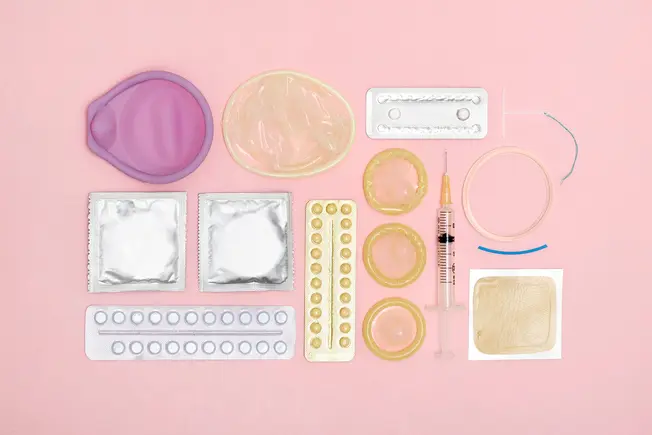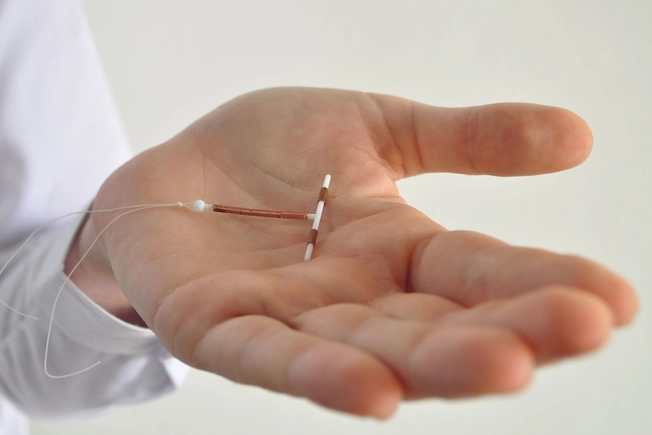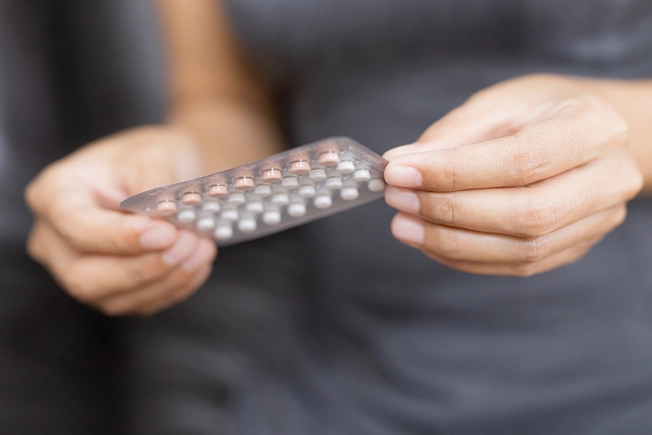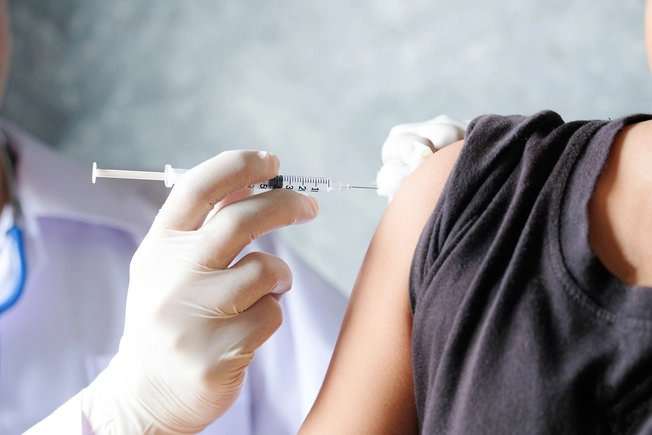- Overview
- Types
- Hormonal Methods
- Barrier Methods
- Behavioral Methods
- Medical Methods
- Male Birth Control
- Emergency Contraception
- Side Effects & Complications
- View Full Guide
10 Things to Know About Birth Control If You’re Transgender or Nonbinary


Using Birth Control If You’re Transgender or Nonbinary
Any person having sex should think about contraception. This is also the case if you’re transgender or nonbinary. Please note: Hormone therapy does not double as a contraceptive. Finding a caring and understanding healthcare provider can help you find the best birth control option.

Access to Birth Control for Transgender or Nonbinary People
Gaining access to birth control can be challenging for transgender or nonbinary people. Finding trans-competent care isn’t easy in many states or local areas. Reproductive health care, though, is as crucial for transgender and nonbinary people as it is for anyone else.

Hormone Therapy Doesn’t Prevent Pregnancy
There have been cases where hormone therapy can reduce fertility in transgender or nonbinary people. However, it’s still possible to get pregnant or get someone pregnant during your hormone therapy. You can start taking hormonal contraceptives, though, without any interference with your hormone therapy, and if you’re not comfortable with hormonal contraceptives, you can talk to your doctor about copper IUDs or condoms.

Best Birth Control Methods for People on Hormone Therapy
If you want to prevent pregnancy, you should make sure you're always using a contraceptive. Hormonal or non-hormonal treatments are both options, even if you're in the middle of hormone therapy.
If you have a uterus and ovaries and take testosterone, you can also use birth control. Recommended contraceptives for reducing monthly bleeding include:
- Progestin pill
- Implant
- IUD
- Shot

Birth Control for Transfeminine People
Feminizing hormone therapy might reduce your fertility, but you'll still need contraceptives to avoid undesired pregnancy. If you think you'll want biological children, you can talk to your doctor about freezing your sperm before starting hormone therapy.
Side effects of estrogen use in transwomen include:
- Reduced libido
- Erectile dysfunction
- Reduced ejaculation
Feminizing hormone therapy may include taking GnRH, finasteride, or cyproterone acetate. These treatments don't work to reduce or block your sperm production.

Birth Control for Transmasculine People
An IUD, barrier form of contraception, or continuous progestin birth control are good options for trans men or nonbinary people assigned female at birth.

Using Birth Control as Hormone Therapy
The pill and other birth control with estrogen are not a replacement for trans women's hormone therapy. The dosage and form of estrogen found in birth control aren't the same as those prescribed for gender-affirming therapy. In addition to estrogen therapy, transgender women also typically take a testosterone blocker.

Different Types of Birth Control
There are different options for birth control for transgender and nonbinary people. You can talk to your doctor about the right contraceptive that complements hormone therapy or any conditions you might be having.
Hormonal contraceptives include:
- Progestogen-only pill
- Combine oral contraceptive pill
- Injection
- Implant
- Intra-uterine devices (IUDs)
Non-hormonal contraceptives include:
- Condoms
- Copper IUD
- Permanent methods like hysterectomy or vasectomy

Birth Control Can Be Used for Other Reasons
Researchers conducted a study to see if hormonal contraception could help treat gender dysphoria. Hormonal contraception helps suppress menstruation and prevent pregnancy. This type of contraception could also affect mood, like depression. There's still more to be studied about these effects, though.

Finding a Trans-Friendly Healthcare Provider
Transgender and nonbinary people face many barriers to adequate contraceptive care. This is due to previous trauma, stigmatizing experiences, and a lack of gender-affirming healthcare environments. Another problem people run into is health care practitioners with limited knowledge of caring for transgender and nonbinary people.
Healthcare practitioners should provide supportive, non-judgmental, and compassionate care. Transgender and nonbinary people deserve patient-centered access to a full range of reproductive healthcare options.